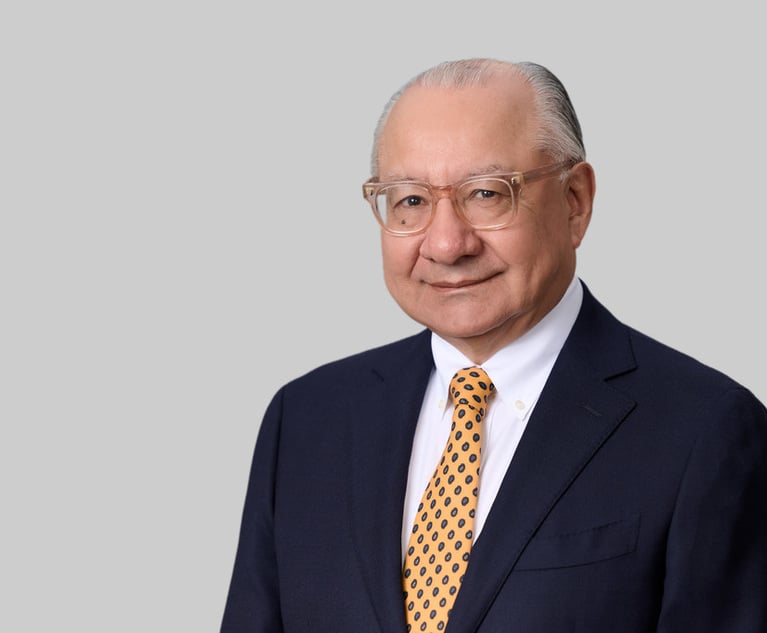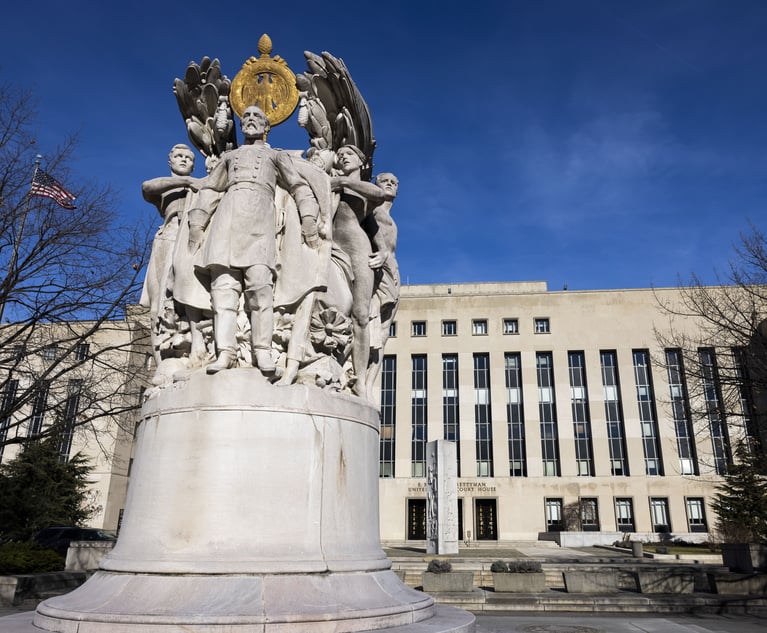Florida is a step closer to permitting hemp production, with Florida Gov. Ron DeSantis signing into law legislation set forth in Florida Statutes Section 581.217, establishing a state hemp program within the Florida Department of Agriculture and Consumer Services (FDACS). The law tasks the FDACS with developing regulations for administering the state’s hemp program, including regulations for licensing, cultivation, and distribution of hemp and its constituent parts, which include cannabidiol (CBD), and submitting the state’s plan to the U.S. Secretary of Agriculture for approval. The law took effect July 1.
Florida’s new state hemp plan comes on the heels—and as a direct result—of passage of the Federal Agricultural Improvement Act of 2018, signed into law by President Donald Trump on Dec. 22, 2018. Commonly referred to as the Farm Bill, the legislation took important steps to remove a number of federal prohibitions that had stymied the U.S. hemp industry for decades. For example, the Farm Bill expanded the definition of hemp to include any part or derivative of the cannabis plant with 0.3% or less THC; removed most forms of hemp from the Controlled Substances Act; tasked the U.S. Department of Agriculture (USDA) with establishing benchmark federal regulations governing the licensing, cultivation, and distribution of hemp; and, importantly, permits the states to submit state-sponsored hemp programs to the USDA and apply for primary regulatory authority over the production of hemp in their jurisdictions.


 Kyle Diamantas, Baker Donelson associate in Orlando and Samuel L. Felker, Baker Donelson managing shareholder in .Fort Lauderdale(Photo: Courtesy Photo)
Kyle Diamantas, Baker Donelson associate in Orlando and Samuel L. Felker, Baker Donelson managing shareholder in .Fort Lauderdale(Photo: Courtesy Photo)




